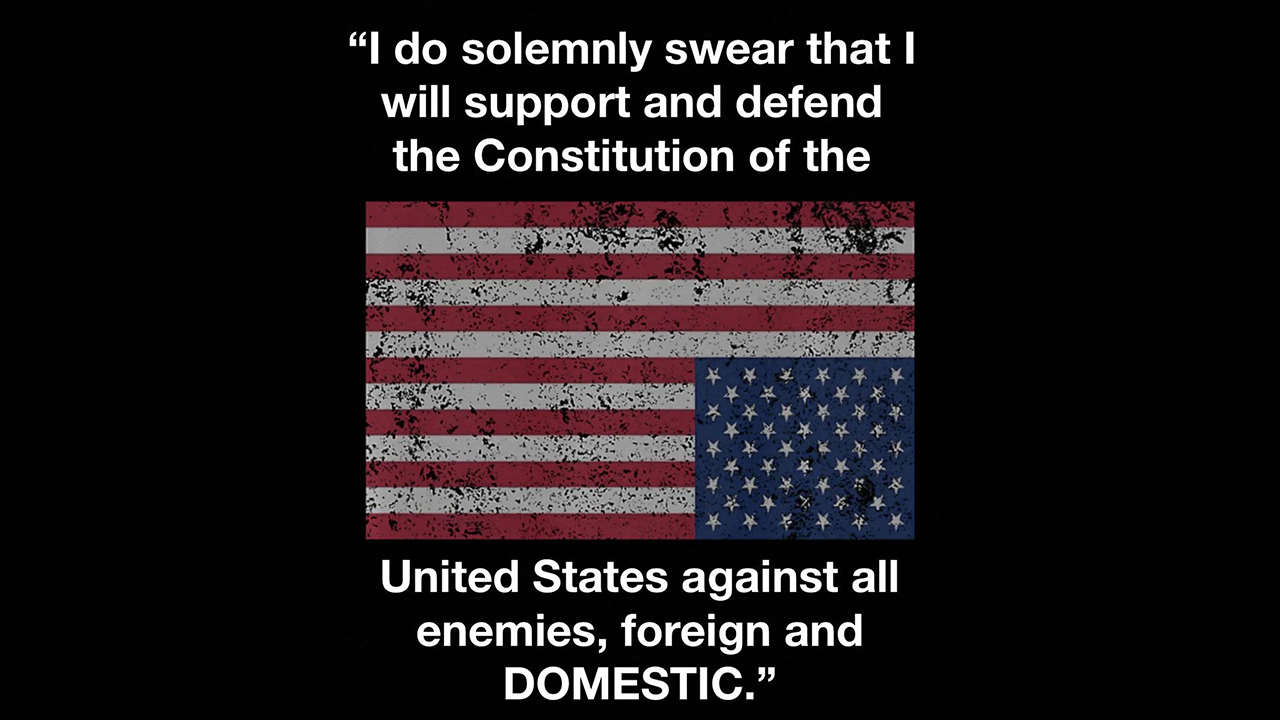May? the Securities and Exchange Commission (SEC) hasn’t done squat in addressing the BS shenanigans for years now. All you hear/read is may, possibly, thinking about, yadda yadda yadda. Oops, forgot that many former Wall Streeter’s end up working for that organization…
The SEC is supposed to enforce Federal securities laws and oversee the regulation of the securities industry. That whole premise seems to be an oxymoron (SEC and enforcement). The agency for the most part has been all talk, no action. Where was this agency before the proverbial shit hit the fan back in 2008, when the average retail investor was getting sick and tired of the naked short selling that was going on?
The miniscule price movements is no different than the “penny” game that the market movers have been using to make their money; HFT’s just increase the overall speed. Computerized trading was supposed to increase liquidity. All that its done is make true price discovery (based on actual fundamentals; not algorithms that make buy/sell decisions based on simplified logic based on whether that news is positive or negative without taking into account the details – it’s more like high speed shoot first, ask questions later) difficult to determine in the present. HFT’s has screwed up the stock market for the average retail investor who doesn’t realize just how much nonsense goes on behind the scenes.
Black box traders are concerned about reduced liquidity in the market which would hurt the ordinary investor if cancellation fees are imposed since they won’t be able to trade as aggressively? Oh spare us the bullshit. The edict of these egomaniac bandits is all for themselves and to hell with everyone else. They keep coming up with different schemes to make their money. Rhetorical comment: I don’t know which group is worse, politicians or Wall Street traders.
Source… (reposted below since full registration is required to see the entire article)
Securities and Exchange Commission is looking to curb high-frequency
traders’ huge influence on stock trading and is considering charging
fees for the myriad buy and sell orders that are later canceled, among
other options.
Chairman Mary Schapiro said a large portion of equities trading has
little to do with “the fundamentals of the company that’s being traded.”
She said it had more to do with “the minuscule aberrational price move”
that computer-assisted traders with direct connections to the exchange
can “jump on” in fractions of a second.
solution would be forcing high-frequency traders to pay for the
canceled trades that make up nine-tenths of all orders, she said.Another possible remedy: requiring such traders to maintain competitive buy and sell orders in the market throughout most of the trading day.But market liquidity could be the victim, the computer-trading industry warns, if regulators impose new fees or limits on rapid trades, potentially altering the market’s landscape.
“It’s going to chase a key constituency away” from the stock market, with some closing shop and others moving overseas, said Adam Honoré, research director at Aite Group, which follows computer trading.
Worries about high-speed trading have been mounting inside the SEC and the Commodity Futures Trading Commission for years, but Ms. Schapiro’s remarks indicate a heightened sense of concern and suggest the agency could take aggressive action to rein in the practice. High-frequency trading firms move in and out of stocks rapidly using powerful computers.
Ms. Schapiro did say that high-frequency traders provide liquidity to markets, “and that’s a great thing. It’s lowered the cost of trading.” Yet she said some of her concerns about high-speed trading were sparked by the May 6, 2010, “flash crash,” when the Dow Jones Industrial Average plunged hundreds of points in a matter of minutes before recovering much of the lost ground. An SEC report after the crash found that many high-frequency firms stopped trading during the upheaval, and some placed added pressure on the market by selling their positions.
Cancellation Rates
In the U.S. stock market:
95%-98%*
High-frequency trader cancellations
10%-20%*
Retail order cancellations
60%-70%*
Institutional algorithm cancellations
90%
Across the market cancellations
Source: Tabb Group; *estimates
Many executives in charge of brokerage firms told Ms. Schapiro in the months after the crash that retail investors were “on the sidelines” until they understood what happened that day, she said Wednesday.
For that reason, among others, the crash posed a challenge to the SEC’s stated mission, which is to “maintain fair, orderly and efficient markets” and to “facilitate capital formation.”
Ms. Schapiro said the SEC already has implemented a number of fixes since the flash crash, including circuit breakers that will pause trading in a stock that has made a large move in a short period of time. The SEC also has banned so-called stub quotes, in which a trader can offer to buy or sell a stock for a price far away from what most investors are willing to pay—a factor that caused many stocks to plunge temporarily to as little as a penny, or to soar to nearly $100,000, during the crash.
But more needs to be done, Ms. Schapiro said, including the creation of a consolidated audit trail that can track all trades in the stock and options markets. Among the ideas the agency is considering, she said, is the implementation of obligations for certain high-frequency traders to provide quotes near the national best bid and offer prices—the highest buy and lowest sell orders across the market—during a certain percentage of the trading day.
The SEC also is weighing imposing fees on order cancellations, which constitute “a vast majority of orders” submitted by high-frequency firms, Ms. Schapiro said. An estimated 95% to 98% of orders submitted by high-speed traders are canceled as the firms rapidly react to shifts in prices across the stock market, according to Tabb Group, which tracks trends in electronic trading. The possible fee, previously mentioned in a joint advisory committee of the SEC and CFTC, would likely be a tiny fraction of a cent per canceled order, experts say.
Critics worry that excessive cancellations are straining the ability of the stock market to handle trading activity. But high-frequency firms say that if they are forced to pay a fee for cancellations, they won’t be able to trade as aggressively. It would reduce liquidity in the market by forcing them to buy at higher prices and sell at lower prices, in turn hurting ordinary investors, they say.



